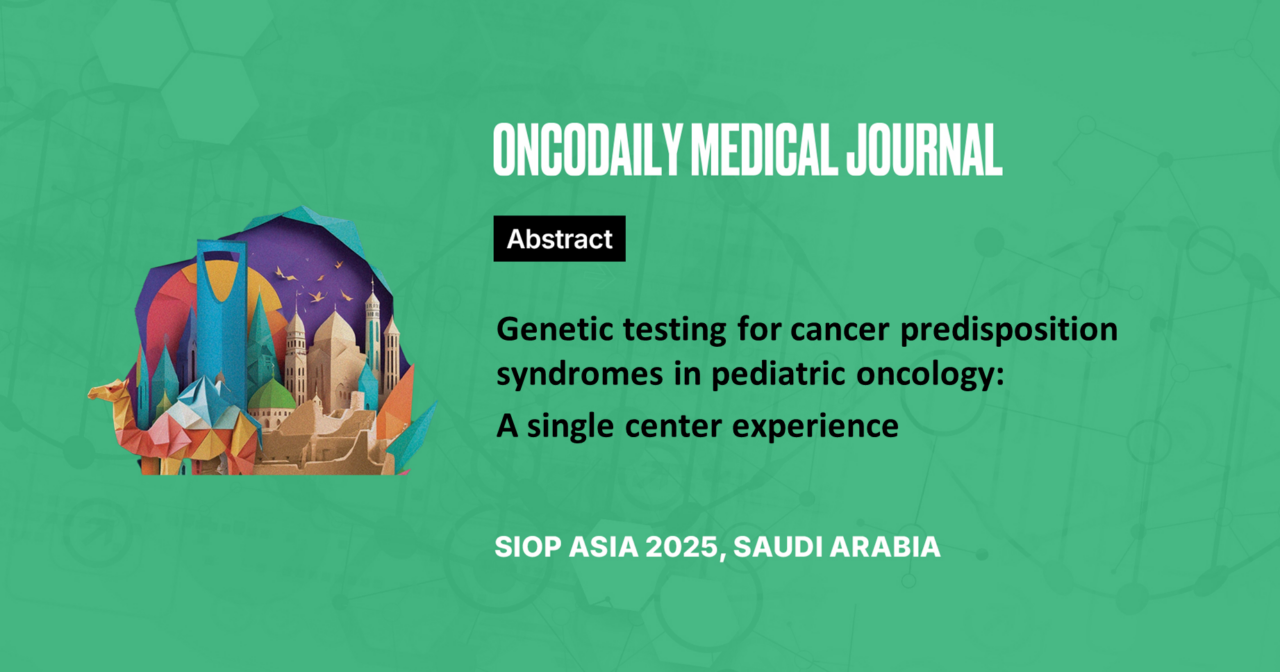Genetic testing for cancer predisposition syndromes in pediatric oncology: A single center experience
Abstract
Introduction: Cancer predisposition syndromes (CPS) increase the lifetime risk of developing cancer. They are associated with mutations in more than 150 genes and occur in about 10% of all childhood patients with neoplasms. The detection of the CPSs is essential for family genetic counseling, adherence to the surveillance protocols, and in some instances, therapy modifications. The first childhood CPS registry in Russia has been established with the results of our four-year experience in CPS diagnostics reported here.
Methodology: The studied cohort included children (0-18 years old) with solid or hematological neoplasms who were suspected to have CPS. The cohort was collected from March 2020 to November 2024. Germline testing was performed with next generation sequencing (custom 180-gene panel, exome or whole-genome) as well as with Sanger sequencing or MLPA.
Results: The main reason for genetic testing in children with neoplasms was CPS-specific tumor type (37%), followed by phenotypic abnormalities (25%) and family history (20%). Overall, 60 different CPSs in 295 probands were detected, with 80 different morphological types of manifested tumours. The median age at diagnosis for the first tumour was 7.2 years old. The leading CPSs were Neurofibromatosis type 1 (NF1), Li-Fraumeni and DICER1 syndromes with 25%, 16% and 7% of all cases, correspondingly. Among 144 families where both parents were available for testing, in 45 probands the CPS was caused by a de novo variant.
Conclusion: Clinical and genetic testing for CPSs was successfully implemented in our center and resulted in diagnosis of 60 CPSs in 295 families. NF1 with plexiform neurofibroma and Li-Fraumeni syndrome with carcinomas and soft tissue sarcomas were the most frequent in our cohort. The family history may be uninformative as at least 15% of all CPSs may occur de novo. Genetic counselling should be carried out in all families with CPSs.





